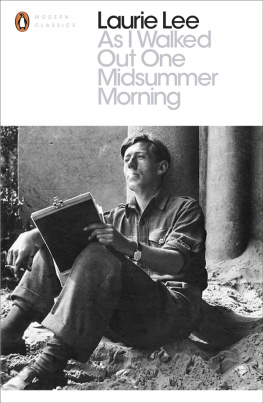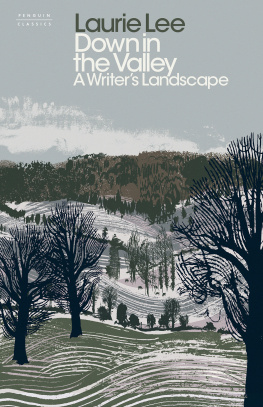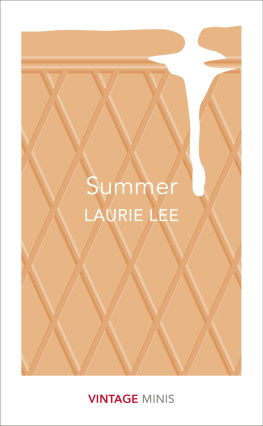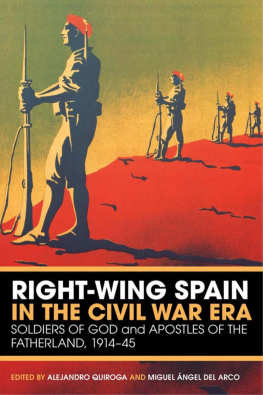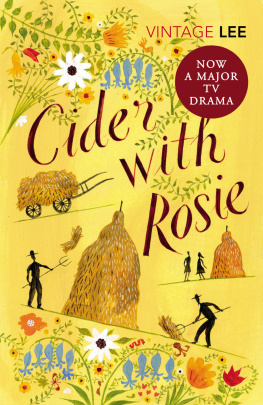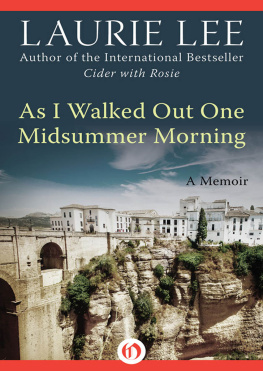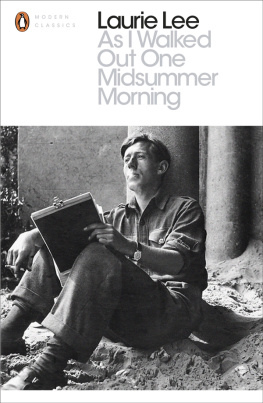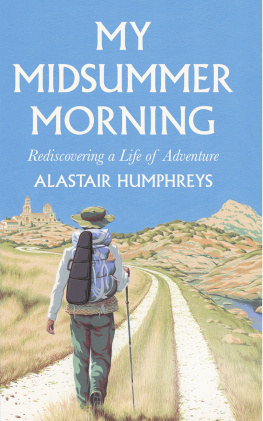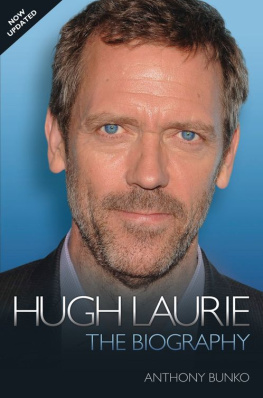PENGUIN CLASSICS
Published by the Penguin Group
Penguin Books Ltd, 80 Strand, London WC2R 0RL , England
Penguin Group (USA) Inc., 375 Hudson Street, New York, New York 10014, USA
Penguin Group (Canada), 90 Eglinton Avenue East, Suite 700, Toronto, Ontario, Canada M4P 2Y3 (a division of Pearson Penguin Canada Inc.)
Penguin Ireland, 25 St Stephens Green, Dublin 2, Ireland (a division of Penguin Books Ltd)
Penguin Group (Australia), 707 Collins Street, Melbourne, Victoria 3008, Australia (a division of Pearson Australia Group Pty Ltd)
Penguin Books India Pvt Ltd, 11 Community Centre, Panchsheel Park, New Delhi 110 017, India
Penguin Group (NZ), 67 Apollo Drive, Rosedale, Auckland 0632, New Zealand (a division of Pearson New Zealand Ltd)
Penguin Books (South Africa) (Pty) Ltd, Block D, Rosebank Office Park, 181 Jan Smuts Avenue, Parktown North, Gauteng 2193, South Africa
Penguin Books Ltd, Registered Offices: 80 Strand, London WC2R 0RL , England
www.penguin.co.uk
First published by Andr Deutsch 1969
First published in the United States of America by Athenaeum Publishers 1969
Published in Penguin Books 1971
Reissued in Penguin Classics 2014
Copyright Laurie Lee, 1969
Introduction Robert Macfarlane, 2014
Cover photograph Bill Brandt
All rights reserved
Typeset by Jouve (UK), Milton Keynes
ISBN: 978-0-141-39703-0
PENGUIN MODERN CLASSICS
AS I WALKED OUT ONE MIDSUMMER MORNING
Born in Slad, Gloucestershire, Laurie Lee was educated at the village school and worked as a scriptwriter for documentary films during the 1940s. He wrote several books of poetry and his books include Cider With Rosie (1959), As I Walked Out One Midsummer Morning (1969) and I Cant Stay Long (1975), widely acclaimed for their evocation of a rural childhood and of life in the many countries he had visited. His last book, A Moment of War (1991), recalls his experiences during the Spanish Civil War.
Robert Macfarlanes books include Mountains of the Mind, Wild Places and, most recently, The Old Ways. He is a fellow of Emmanuel College, Cambridge, and lives in Cambridge with his family.
THE BEGINNING
Let the conversation begin...
Follow the Penguin Twitter.com@penguinukbooks
Keep up-to-date with all our stories YouTube.com/penguinbooks
Pin Penguin Books to your Pinterest
Like Penguin Books on Facebook.com/penguinbooks
Find out more about the author and
discover more stories like this at Penguin.co.uk
To T. S. Matthews
Introduction
The two great walks of twentieth-century English literature began within a few months of each other. On a snowy midwinter morning in December 1933, Patrick Leigh Fermor set out on foot along the icy road that led east from the Hook of Holland towards Rotterdam. He was eighteen years old, he had an ash stick in his hand, and a copy of the Oxford Book of English Verse in his rucksack. And on a sunny midsummer morning in June 1934, Laurie Lee set out on foot along the dusty road that led east from his Gloucestershire village of Slad towards London. He was nineteen years old, he had a hazel stick in his hand, and a violin wrapped up in a blanket under his arm.
Leigh Fermor would walk from Holland to Constantinople over the course of thirteen months, passing en route through a Mittel-Europa on the brink of catastrophe. Several decades later, he would publish two books recounting his wanderings through those shadowed lands, A Time of Gifts (1977) and Between The Woods and the Water (1985). Both have become classics, celebrated for their evocation of a since-shattered world, and for the lushness of their language.
Lee would walk first to London, and then south through Spain, passing en route through a country on the edge of civil war. Several decades later, he would publish a book recounting his wanderings through that shadowed land, As I Walked Out One Midsummer Morning (1969), which has become a classic, celebrated for its evocation of a since-shattered world, and for the lushness of its language.
Lee understood afterwards what a fortunate moment of history he had occupied: I was, he reflected, a young man whose time coincided with the last years of peace, and so was perhaps luckier than any generation since. Europe at least was wide open, a place of casual frontiers, few questions and almost no travellers. Certainly, the ease with which both men crossed borders seems remarkable now, and this simplicity of passage, combined with their open-hearted innocence, lends much magic to their journeys. In the course of their walks both Lee and Leigh Fermor enjoyed epic drinking bouts, wild parties, notable meetings, the kindness of strangers, and sex with a series of young, eager women (the euphemistic recounting of which can recall, at times, Humbert Humberts oblique lubricities). Reading them, you feel again the extreme excitement at possibility that is the hallmark of youth. You wear seven-league boots, able to traverse vast territories with barely a blister. Here is Lee, early in his adventure:
[The] next day, getting back onto the London road, I forgot everything but the way ahead. I walked steadily, effortlessly, hour after hour in a kind of swinging, weightless realm. I was at that age which feels neither strain nor friction, when the body burns magic fuels, so that it seems to glide in warm air, about a foot off the ground, smoothly obeying its intuitions. Even exhaustion, when it came, had a voluptuous quality, and sleep was caressive and deep, like oil.
The writing here is voluptuous yet precise, and as such it is characteristic of Lees style, in which elaborate metaphors serve not as ornaments, but rather as the means of most closely evoking complex experience. Lee does not walk so much as levitate or hover, borne aloft by supernatural stamina, and in mimicry of this sensation his clauses, suspended by their commas, also bear the reader along the way and onwards into the unknown.
If the power of Cider With Rosie derives from its dream of dwelling, the power of As I Walked Out derives from its dream of leaving. If only I could live forever in one place, and come to know it so well, you think, reading Lees first volume of memoir.

